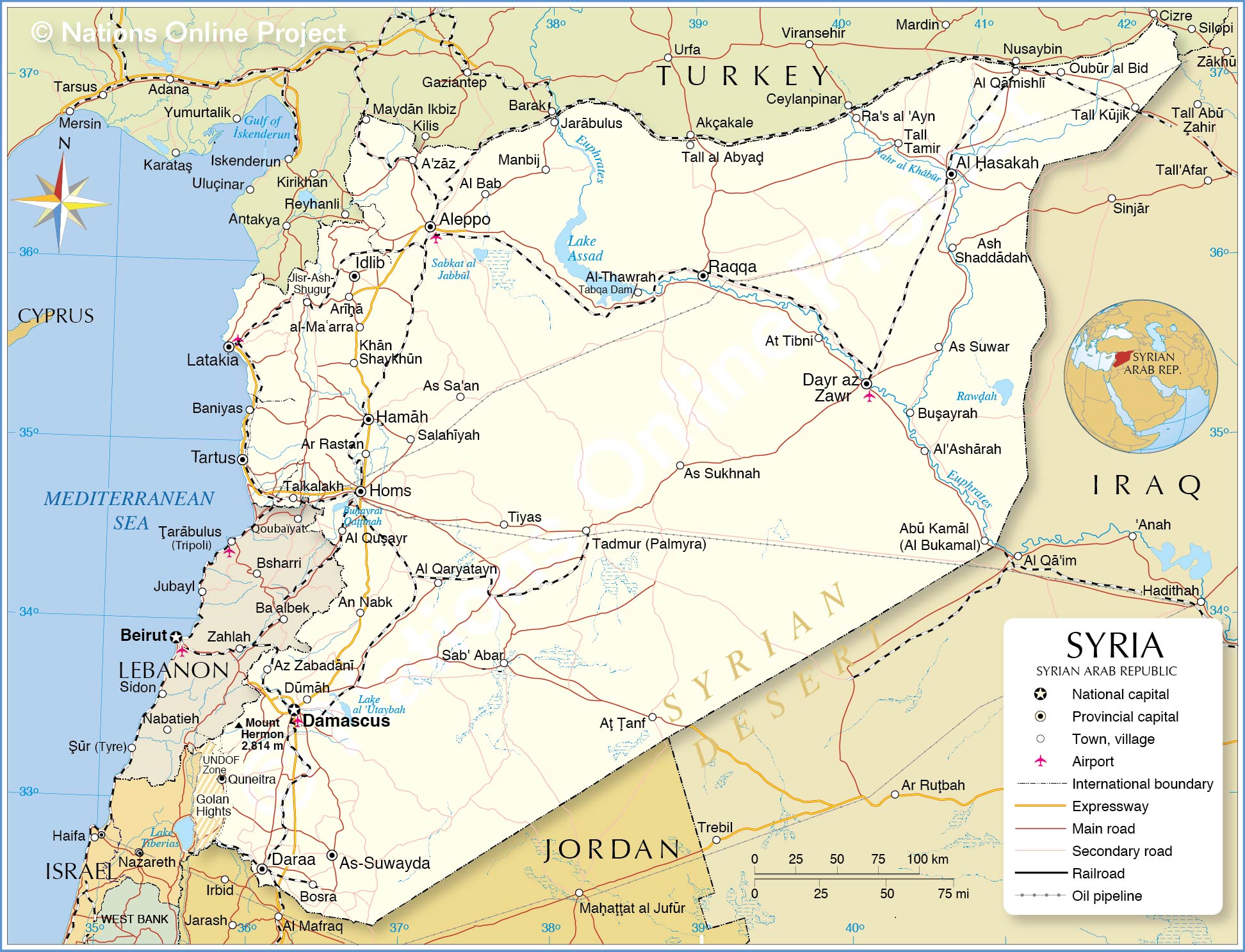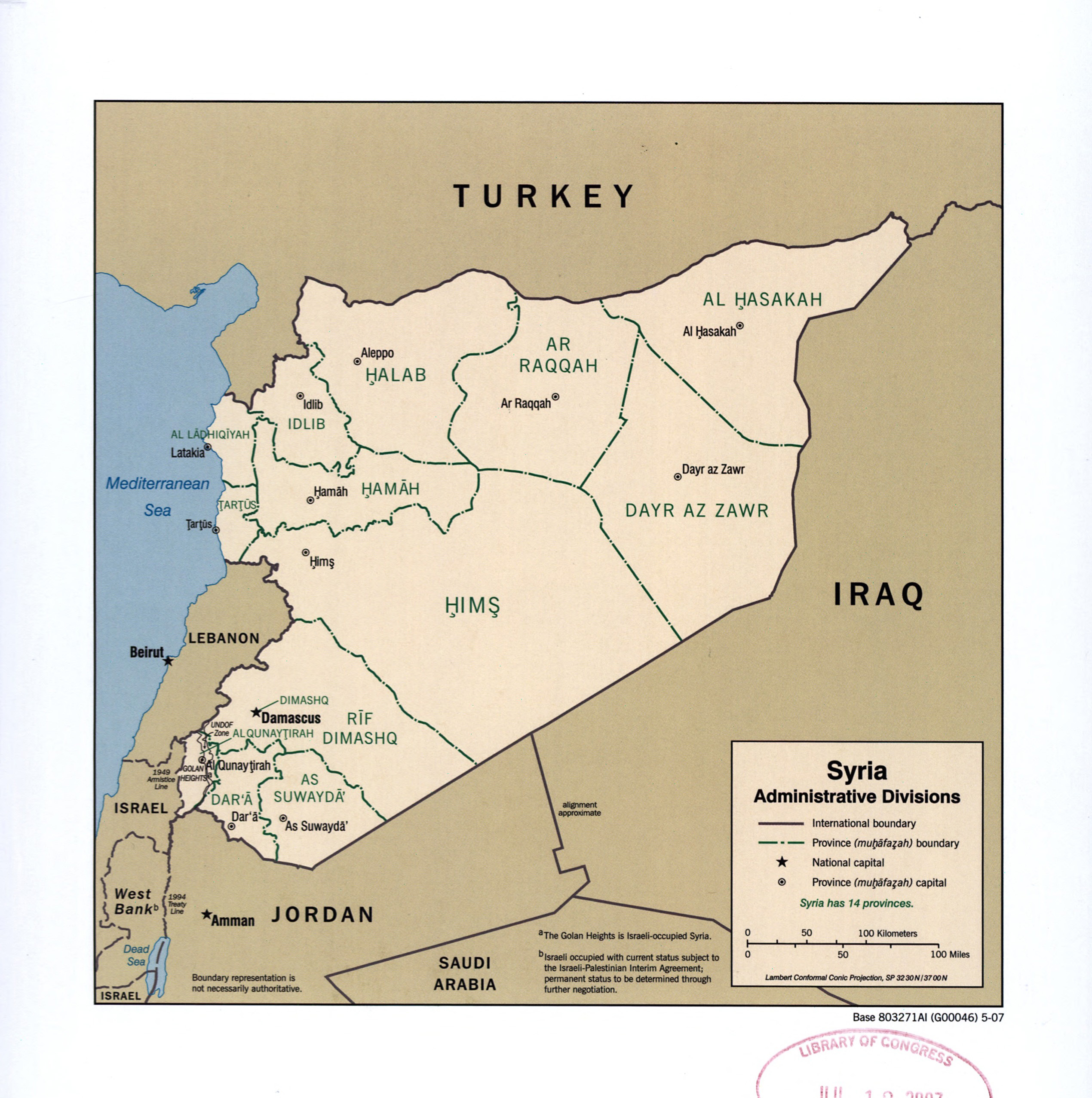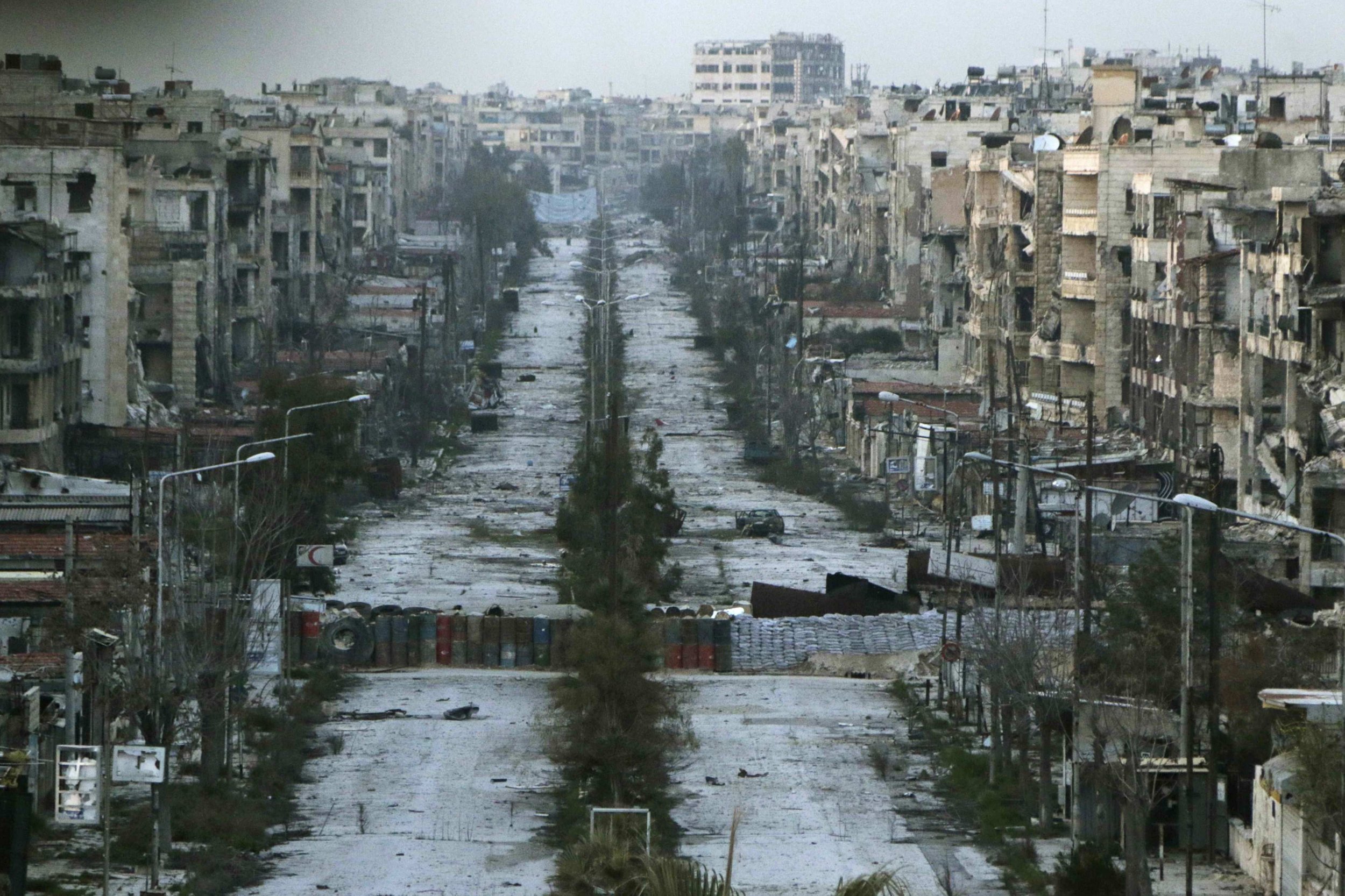Syria: A Land Of Rich History And Modern-Day Challenges
When you think about Syria, what comes to mind? Is it the ancient ruins of Palmyra, the vibrant streets of Aleppo, or perhaps the ongoing conflict that has dominated global headlines? Syria is a country with a deep and storied past, but today it's also at the center of one of the most complex humanitarian crises in modern history. In this article, we'll dive into the heart of Syria—its history, culture, challenges, and the stories of resilience that continue to emerge from its people.
For many, Syria is a name associated with war and displacement, but there's so much more to this country than meets the eye. From its role as a cradle of civilization to its modern-day struggles, Syria offers a fascinating glimpse into both the beauty and complexity of human history. This article aims to provide you with a comprehensive understanding of Syria, covering its rich heritage, geopolitical significance, and the challenges it faces today.
We’ll explore how Syria’s past has shaped its present and what the future might hold for this resilient nation. Whether you're a history buff, a news junkie, or simply someone curious about the world, this article will take you on a journey through the land of Syria.
Read also:Donald Sutherlands Tireless Passion For Acting
Table of Contents
- The Rich History of Syria
- Syria's Diverse Geography
- Cultural Tapestry of Syria
- Understanding the Syrian Conflict
- Humanitarian Challenges and Efforts
- The Economy of Syria Today
- Rebuilding Syria: Challenges and Opportunities
- Preserving Syria's Cultural Heritage
- The Political Landscape of Syria
- What Does the Future Hold for Syria?
The Rich History of Syria
Let's rewind the clock and take a trip back to ancient times. Syria, often referred to as the "cradle of civilization," has been home to some of the world's earliest civilizations. This region, known in ancient times as Greater Syria, was a melting pot of cultures and empires. The Akkadians, Babylonians, Assyrians, and Persians all left their mark on this land. But it was the Greeks and Romans who really put Syria on the map, turning it into a center of trade and culture.
In the 7th century, Syria became a pivotal part of the Islamic Caliphate, and cities like Damascus became thriving hubs of learning and commerce. The Umayyad and Abbasid dynasties further solidified Syria's place in history, and its influence stretched far beyond its borders. Fast forward to the Ottoman Empire, and Syria continued to play a significant role in the Middle East.
Key Historical Events
- The establishment of the Umayyad Caliphate in Damascus in 661 AD.
- The Crusades, where Syria was a focal point of conflict between Christian and Muslim forces.
- Syria's independence from French colonial rule in 1946.
History doesn't just happen; it's shaped by the people who live it. And Syria's history is a testament to the resilience and creativity of its people. But let's not get ahead of ourselves. Before we dive deeper into the complexities of modern-day Syria, let's take a moment to appreciate the land itself.
Syria's Diverse Geography
Syria is a country of contrasts, with landscapes that range from lush green valleys to arid deserts. Located in the heart of the Middle East, it shares borders with Turkey to the north, Iraq to the east, Jordan to the south, and Lebanon and the Mediterranean Sea to the west. This strategic location has made Syria a crossroads of trade and culture for centuries.
The Alawite Mountains in the west provide a stunning backdrop to the coastal cities, while the fertile plains of the Orontes River valley support agriculture. In the east, the Syrian Desert stretches out, a vast expanse of sand and rock that has inspired poets and wanderers alike. But don't let the desert fool you—Syria's geography is as diverse as its history.
Key Geographical Features
- The Syrian Desert, covering much of the eastern part of the country.
- The fertile plains around the Euphrates River.
- The Alawite Mountains, offering a cooler climate and breathtaking views.
Understanding Syria's geography is crucial to understanding its people and their way of life. But geography alone doesn't tell the whole story. Let's turn our attention to the cultural tapestry that makes Syria such a fascinating place.
Read also:Barbra Streisand Opens Up About Her Journey From Early Doubts To Triumph Over Stage Fright
Cultural Tapestry of Syria
Syria is a country where East meets West, where tradition blends with modernity, and where diversity is celebrated. The Syrian people are known for their hospitality, warmth, and resilience. Whether you're enjoying a cup of Arabic coffee in a bustling café in Damascus or exploring the ancient ruins of Palmyra, you're sure to be captivated by the rich cultural heritage of this nation.
From the intricate mosaics of the ancient city of Apamea to the vibrant souks of Aleppo, Syria's culture is a living, breathing entity. Music, dance, and art are integral parts of Syrian life, and the country has produced some of the region's most celebrated artists and thinkers. But it's not just the arts that define Syria's culture—it's also the food, the language, and the traditions that have been passed down through generations.
Cultural Highlights
- The ancient city of Palmyra, a UNESCO World Heritage Site.
- Syrian cuisine, featuring dishes like kebabs, hummus, and tabbouleh.
- The annual Damascus International Fair, showcasing Syrian crafts and culture.
But let's be real—Syria's culture has been tested in recent years. The ongoing conflict has taken a toll on the country's cultural heritage, but the spirit of its people remains unbroken. As we explore the challenges facing Syria today, we'll see how its people continue to preserve and celebrate their rich cultural traditions.
Understanding the Syrian Conflict
No discussion of Syria would be complete without addressing the conflict that has dominated global headlines since 2011. What began as peaceful protests during the Arab Spring quickly escalated into a full-blown civil war, drawing in regional and international players. The conflict has been marked by intense fighting, widespread displacement, and devastating humanitarian consequences.
At its core, the Syrian conflict is a battle for power and control, with various factions vying for influence. The government, led by President Bashar al-Assad, has been fighting against opposition groups, extremist organizations, and foreign forces. The involvement of countries like Russia, Iran, and the United States has further complicated the situation, turning Syria into a proxy battlefield for larger geopolitical struggles.
Key Players in the Conflict
- The Syrian government, led by President Bashar al-Assad.
- Various opposition groups, including the Free Syrian Army.
- Extremist organizations like ISIS and Al-Qaeda affiliates.
- Foreign powers, including Russia, Iran, and the United States.
But the conflict is more than just a political struggle—it's a human tragedy. Millions of Syrians have been forced to flee their homes, seeking refuge in neighboring countries and beyond. The impact on civilians has been devastating, with countless lives lost and livelihoods destroyed. As we explore the humanitarian challenges facing Syria, we'll see how the international community is working to address these issues.
Humanitarian Challenges and Efforts
The humanitarian crisis in Syria is one of the largest in modern history. With millions of people displaced and in need of assistance, the situation is dire. The United Nations and various NGOs have been working tirelessly to provide aid, but the challenges are immense. Access to affected areas is often restricted, and the security situation remains volatile.
Despite these challenges, there are stories of hope and resilience. Syrians, both inside and outside the country, are finding ways to rebuild their lives and support their communities. From education initiatives to healthcare programs, there are countless efforts underway to address the needs of those affected by the conflict.
Key Humanitarian Efforts
- UNHCR providing shelter and assistance to refugees.
- Local organizations offering education and job training programs.
- International NGOs delivering healthcare and food supplies.
But the work is far from over. As the conflict continues, the need for humanitarian assistance remains urgent. The international community must continue to support these efforts and work towards a lasting peace in Syria.
The Economy of Syria Today
Before the conflict, Syria had a relatively stable economy, with agriculture, oil, and manufacturing as key sectors. However, the war has had a devastating impact on the country's economy, leading to widespread unemployment and inflation. The Syrian pound has plummeted in value, and basic goods have become increasingly expensive.
Efforts are underway to revitalize the economy, but the challenges are significant. Rebuilding infrastructure, attracting foreign investment, and creating jobs are all critical to Syria's economic recovery. The government has implemented various policies to stimulate growth, but the road ahead is long and difficult.
Economic Challenges
- Rebuilding infrastructure damaged by the war.
- Addressing unemployment and inflation.
- Attracting foreign investment in key sectors.
As we look to the future, the economic recovery of Syria will play a crucial role in its overall recovery. But it's not just about numbers—it's about people and their livelihoods. The economy of Syria is closely tied to the well-being of its citizens, and efforts to rebuild must prioritize their needs.
Rebuilding Syria: Challenges and Opportunities
The reconstruction of Syria presents both challenges and opportunities. With so much damage to infrastructure, homes, and public services, the task is daunting. But it also offers a chance to rebuild in a way that addresses the root causes of the conflict and promotes sustainable development.
International organizations, governments, and private sector partners are all playing a role in the reconstruction efforts. From rebuilding schools and hospitals to restoring cultural heritage sites, the work is varied and complex. But the potential for positive change is immense.
Key Reconstruction Priorities
- Restoring basic services like water and electricity.
- Rebuilding homes and infrastructure for returning refugees.
- Preserving and restoring cultural heritage sites.
As Syria looks to the future, the focus must be on building a more equitable and sustainable society. This means addressing the needs of all Syrians, regardless of their background or beliefs. It's a tall order, but one that is essential for the long-term stability of the country.
Preserving Syria's Cultural Heritage
Syria's cultural heritage is one of its greatest treasures, and efforts to preserve it are ongoing. From the ancient ruins of Palmyra to the historic city of Aleppo, these sites are not just important for Syrians—they're part of the world's cultural heritage. The destruction caused by the conflict has been heartbreaking, but there are signs of hope.
Restoration projects are underway, with experts from around the world working to repair the damage. Local communities are also playing a vital role, ensuring that their cultural traditions are passed down to future generations. But the work is far from finished, and continued support is needed to protect Syria's rich cultural legacy.
The Political Landscape of Syria
Understanding the politics of Syria is essential to understanding the country as a whole. The Assad regime has been in power for decades, and its leadership has been both a source of stability and controversy. The political landscape is complex, with various factions and interests at play.
As the conflict continues, the political situation remains fluid. Efforts to negotiate a peace settlement have been ongoing, but progress has been slow. The international community must continue to engage with all parties to find a lasting solution that addresses the needs of all Syrians.
What Does the Future Hold for Syria?
The future of Syria is uncertain, but there are reasons for hope. Despite the challenges, the resilience and determination of the Syrian people are truly inspiring. As reconstruction efforts continue and the humanitarian situation improves, there is potential for positive change.
But the road ahead is long, and the work must continue. The international community must remain committed to supporting Syria and its people, both in terms of humanitarian assistance and long-term development. The future of Syria is in the hands of its people, and with the right support, they can build a brighter tomorrow.
So, what can you
Article Recommendations


